How Border Communities Will Benefit from Ruto's ID Vetting Changes
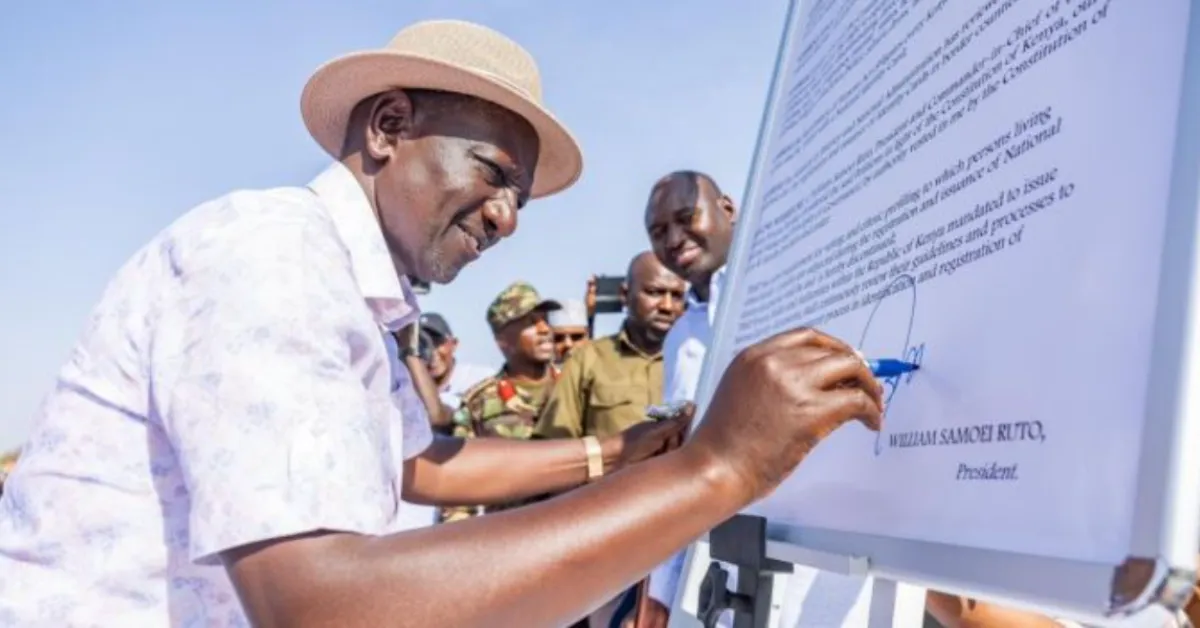
On February 5, 2025, President William Ruto signed a Presidential Proclamation in Wajir town, aimed at reforming the national identity card (ID) issuance process for Kenyans, particularly those living in border areas.
This decisive move abolishes the previously stringent secondary vetting process that had disproportionately affected residents along the borders with Somalia, Ethiopia, South Sudan, and Uganda. Ethnic Somalis in these regions often faced rigorous scrutiny in their quest for identification. This challenging vetting process, justified by authorities as a security measure, required applicants to submit extensive documentation, sometimes tracing back to their grandparents’ ID cards.
The oversight committee, comprising multiple security agencies, imposed complexities not encountered by other citizens, causing considerable delays and frustrations. In stark contrast, the legal framework under the Registration of Persons Act stipulates that proof of birth in Kenya and evidence of citizenship, through birth certificates or a parent's ID or passport, are the primary requirements for obtaining an ID.
The extra barriers faced by the Kenyan-Somali community not only hindered access to identification but also highlighted systemic inequalities within the government's processes. President Ruto's proclamation is designed to rectify these disparities, ensuring that residents in areas such as Moyale, Mandera, Isiolo, Wajir, Liboi, Busia, and Malaba receive equal treatment regarding the issuance of national IDs and passports.
"We want the people of Northern Kenya to feel equal to the rest of the country," said Ruto.
While the new directive streamlines the process, it does not eliminate vetting entirely. Local vetting will continue, adhering to legal standards, whereby applicants from border communities must present a Kenyan adult for identification verification. This adjustment aims to bolster community ties while maintaining vigilance against illegal immigration.
The comprehensive implementation of these guidelines falls to the Ministry of Interior and its intelligence agencies, including the National Intelligence Service (NIS), the Directorate of Criminal Investigations (DCI), and the regular police. Their role will be crucial in ensuring security while facilitating the timely processing of identification documents.

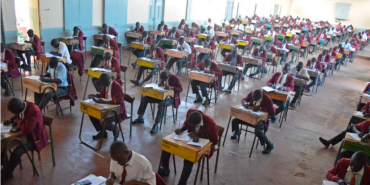
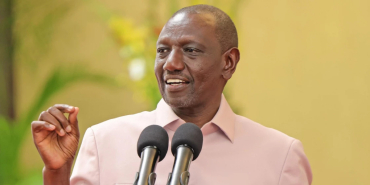
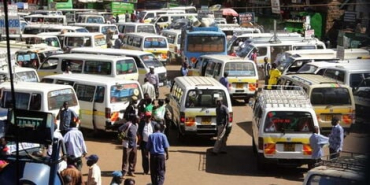
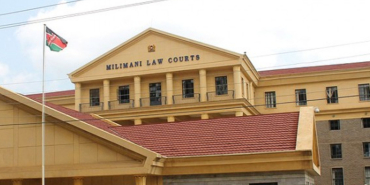

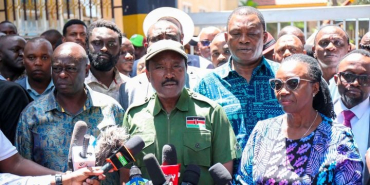







Add new comment